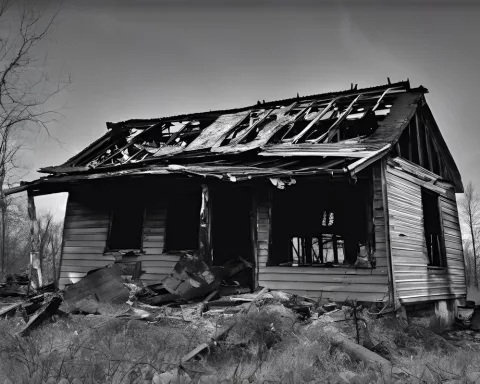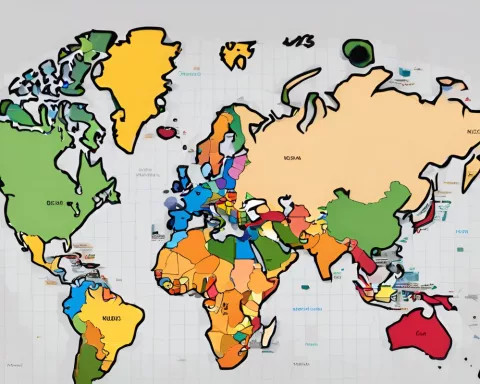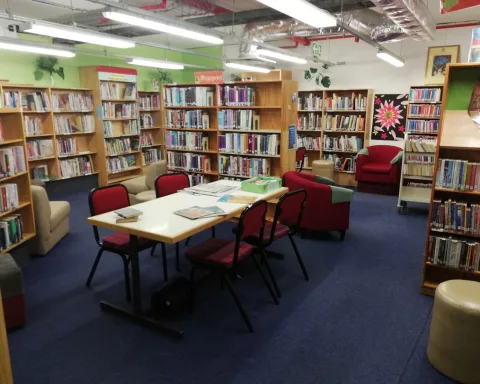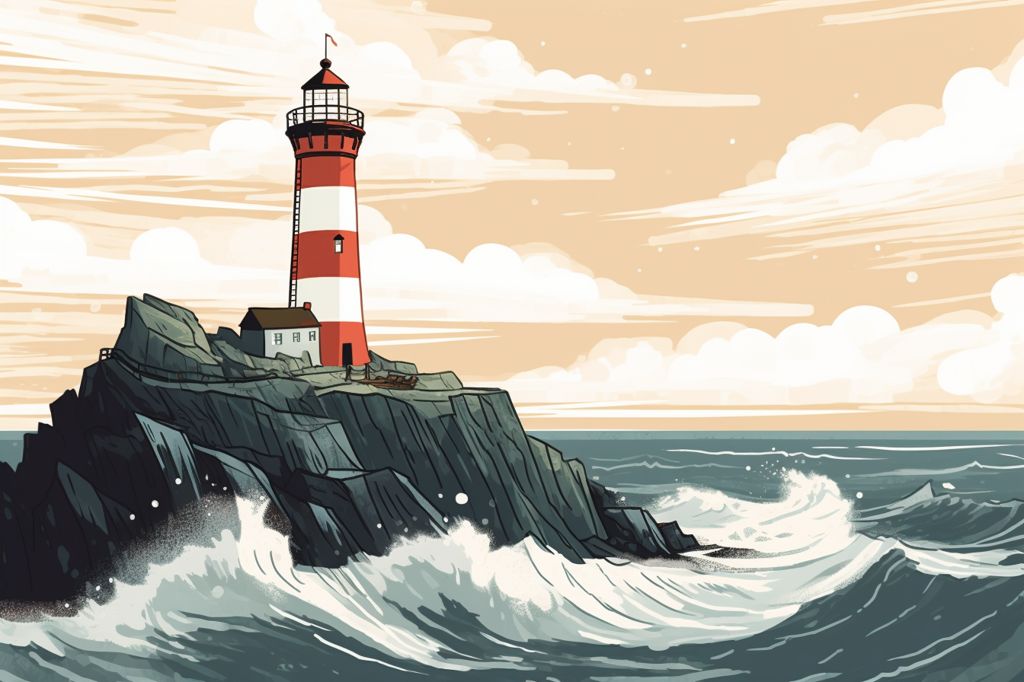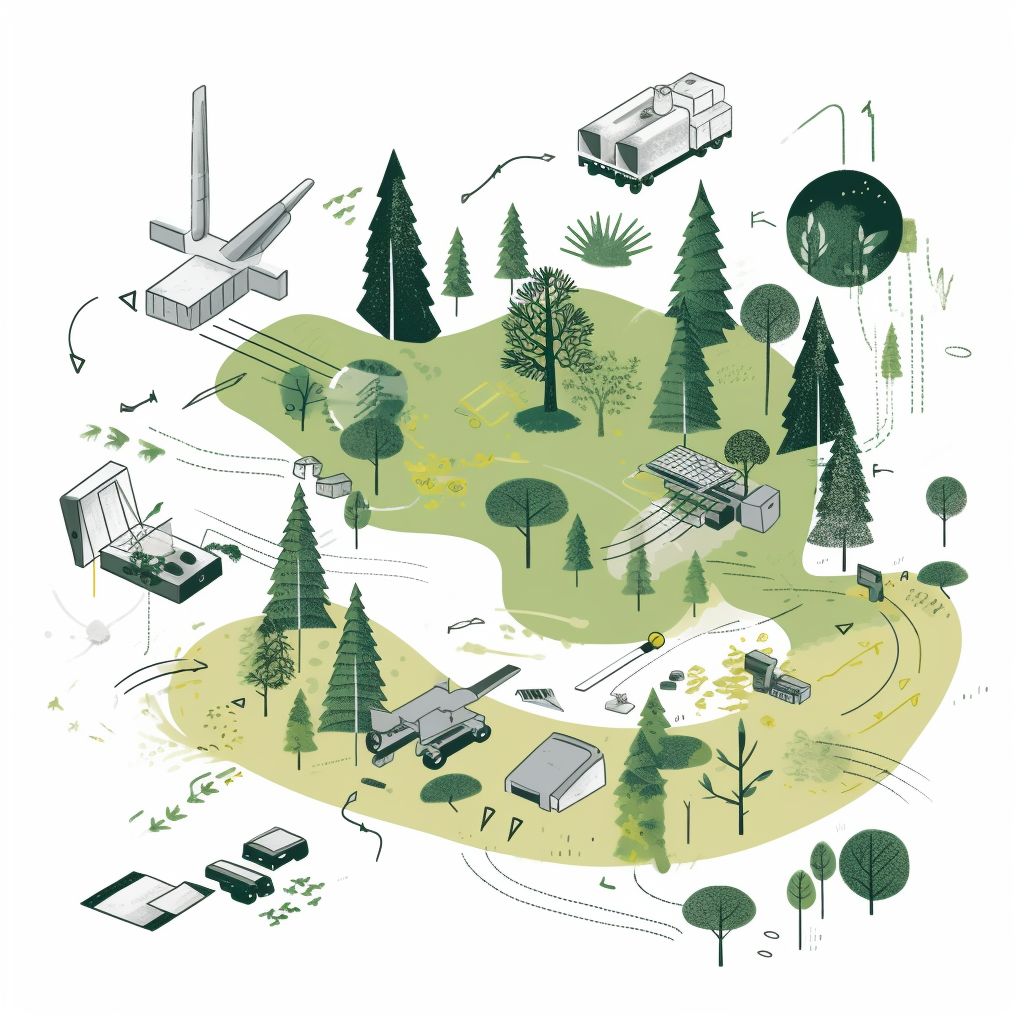The Makhathini Lower Pongola Water User Association (WUA) is a collective effort to promote efficient water management in the northern KwaZulu-Natal area. The interim management committee started establishing a robust governance structure for the association. The goal is to facilitate the election of the management committee on May 16, 2023, in Jozini.
The Role of Water User Associations
Water User Associations are essential in helping communities consolidate resources such as money, human resources, and expertise to achieve water-related activities. The Makhathini Lower Pongola WUA followed Gazette Notice No. 48514, published by Water and Sanitation Minister Senzo Mchunu, in compliance with the National Water Act of 1998.
Statutory Body
As a statutory body, the WUA represents a cooperative association of individual water users. Their aim is to participate in water-related activities for mutual benefit. The Makhathini Lower Pongola WUA operates in the Jozini and uMhlabuyalingana Local Municipalities under the uMkhanyakude and Pongola Local Municipality in the Zululand District. This includes the Pongola to Mtamvuna Water Management Area located in KZN.
Area of Operation
The area of operation begins from the W44E quaternary catchment in the basin of Pongolapoort Dam, flowing north down the Pongola River catchment to the Mozambique border. It stretches to the eSwatini border in the west and aligns with the 45a and 45b quaternary boundaries on the east, incorporating the quaternaries W43F, W45A,B, and W57K.
Management Committee
The Makhathini Lower Pongola WUA’s management committee will consist of 15 members that represent various user groups in the catchment area. These include commercial and emerging farmers, tourism and recreation, nature conservation, Water Services Authorities (uMkhanyakude and Zululand District Municipalities), and the uMkhanyakude Local House of Traditional Leaders.
All members within the water user groups or sectors detailed in the approved constitution will have the chance to nominate or elect their preferred representatives to the management committee. The Amakhosi representing the Jozini, uMhlabuyalingana, and Pongola Local Municipalities are also invited to participate.
Collaborative Approach
As the Makhathini Lower Pongola WUA is established, the collaboration of its diverse members offers a potential for sustainable water management in the region. By addressing local needs and priorities, the association aims to improve water management for the benefit of all involved. This collaborative approach shows promise in tackling water challenges in the northern KwaZulu-Natal area. With a well-structured governance system and representation from various stakeholder groups, the Makhathini Lower Pongola WUA is poised to make a significant impact on water management in the region.


